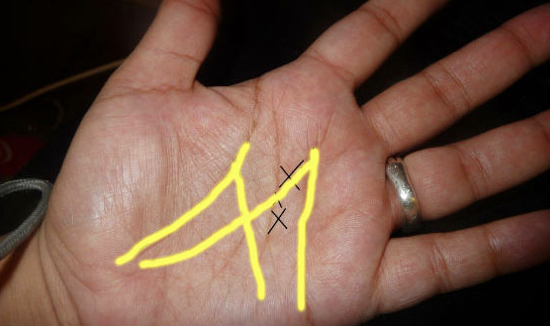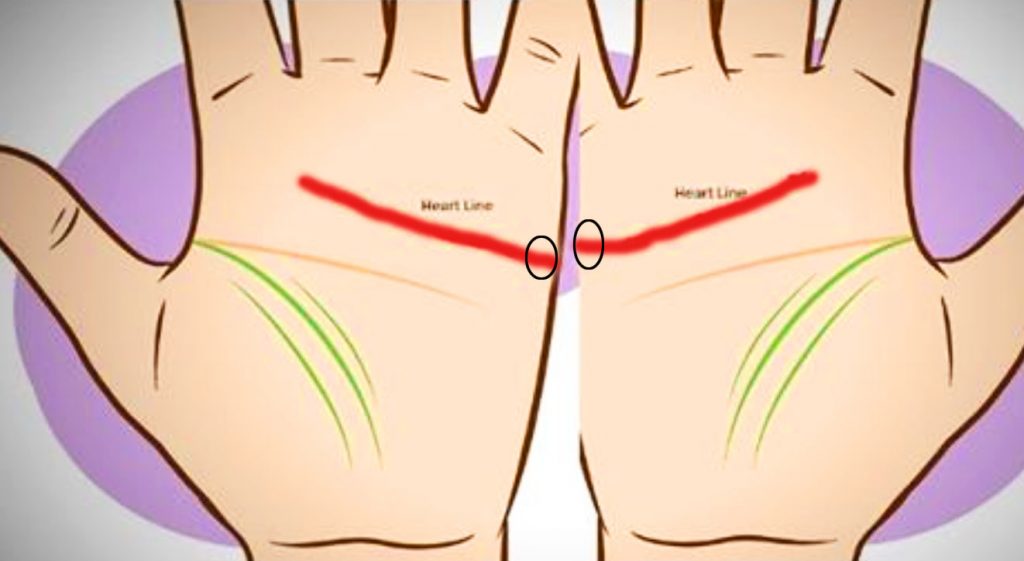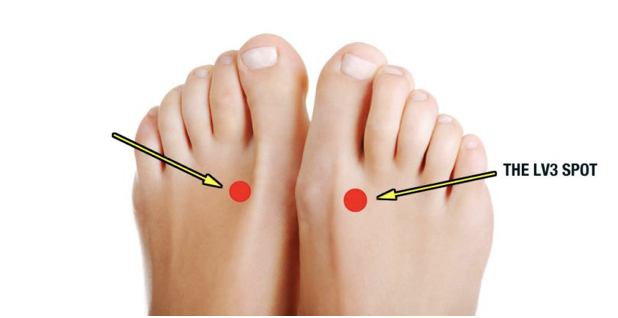This Teen Girl Died From A Fatal Heart Attack While On Vacation After She Drank THIS Popular Drink!
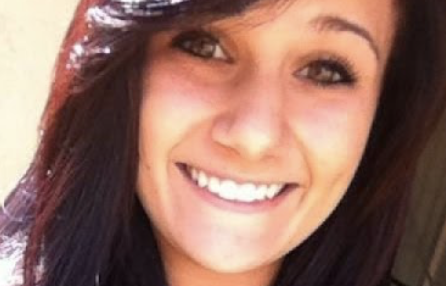
image via – youtube.com
It’s a beverage that can be found in just about every gas station, grocery market, and convenience store in America and abroad. Many people love it and some drink it to excess or even mix it in with alcohol. There is no denying that energy drinks, like the market leader Red Bull, are incredibly popular.
The amounts being consumed have sky rocketed in recent years and now the sugary, caffeine laden drink is being blamed for the sudden death of a healthy 16 year old girl. Lanna Hamman, a 16 year old girl from Arizona, was on vacation in Mexico when she went to the beach with her friends.
According to those with her at the time, she had been drinking Red Bull all day and no water when she suddenly suffered a heart attack. Tragically, she ended up dying and now many are saying that the energy drinks she drank before her death are what likely caused it.
Specifically, the excessive caffeine she consumed, in conjunction with dehydration, led to her fatal heart attack. Lana’s mother, Kris Hamman, said that her daughter regularly drank Red Bull and she believes it’s likely that the beverage contributed directly to her death.
Cardiologist Jack Wolfson agrees with her and places the blame on the drink’s high sugar and caffeine content. He told the local Arizona news station KSAZ Fox 10 that “There is medical evidence that these things do harm, they can cause changes in the heart rhythm, and impact blood pressure.”
In recent years, energy drink related hospital and ER visits have sharply increased to levels not seen before 10 years ago. People come in complaining that they feel sick and unwell, and many turn out to be dehydrated and experiencing irregular heartbeats. The majority of them are also teenagers and young adults.
Energy drinks are notorious for being bad for our health and bodies, yet many people continue to consume them. While what happened in Lanna’s case is an extreme example of what can happen when you drink Red Bull excessively and forgo water, it’s also eye opening.
She was a completely healthy, normal, athletic teenager and what happened to her can happen to anyone.
Do you still drink this stuff?
Please Share This Story With Your Family and Friends
The Best Cardiologist In The Country Reveals The 4 Things That Happen Before You Have A Heart Attack
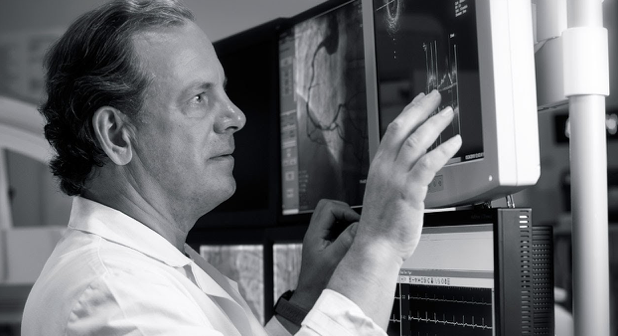
Heart disease kills more Americans per year than all cancers combined. It is responsible for one third of all deaths and is often a silent killer without obvious symptoms. One quarter of all heart attacks happen without clear signs. Even when there are symptoms, they are commonly mild or vague, such as indigestion, fatigue, back pain, and stress.
Most Americans over 35 already suffer from heart disease, whether they know it or not. Half of all people with heart disease have cholesterol readings that are in the normal range. The good news is that heart disease can be prevented, reversed and even cured.
What causes heart disease also causes many other major degenerative diseases. Some cultures experience very little, if any, heart disease. Diabetes, arthritis, cancers, and heart disease are created by the over consumption of sugar and fat.
These two things combine to make too much fat in the bloodstream and form into arterial plaque. In addition, stress, high blood pressure, lack of exercise, hormonal imbalances, overproduction of insulin, and inflammation contribute to the development of heart disease.
Most people know that cholesterol is divided into good, HDL, and bad, LDL, but LDL can be categorized further into larger, less dense, Pattern A, and smaller, highly dense, Pattern B. Boosting HDL can make Pattern A LDL less harmful, but Pattern B is very dangerous.
Cholesterol is necessary for many important metabolic functions, but the types must be in a healthy ratio. These amounts, as well as plaque, can be tested to identify a person’s risk for heart attack and stroke. Quit smoking, get more exercise, relieve stress by physical exertion and spiritual dedication, cut out all sugar, cut back refined carbs and fatty foods and you will be on your way to preventing, reversing, and curing heart disease.
Increase your intake of fresh fruits and vegetables, whole grains, and nuts and seeds. Fish and chicken are healthy proteins, as well as a small amount of lean red meat. If you take care of yourself, you can live a long, enjoyable life.
1. Chest Pain and Tightness 2. Sweating 3. Indigestion, Nausea and Vomiting 4. Pain in Other Parts of the Body in the left arm, throat, jaw, teeth back or abdomen.
Please Share This Article With Family and Friends, It Could Save a Life
How To Tell If You Are Having a Stroke, Cardiac Arrest or a Heart Attack.
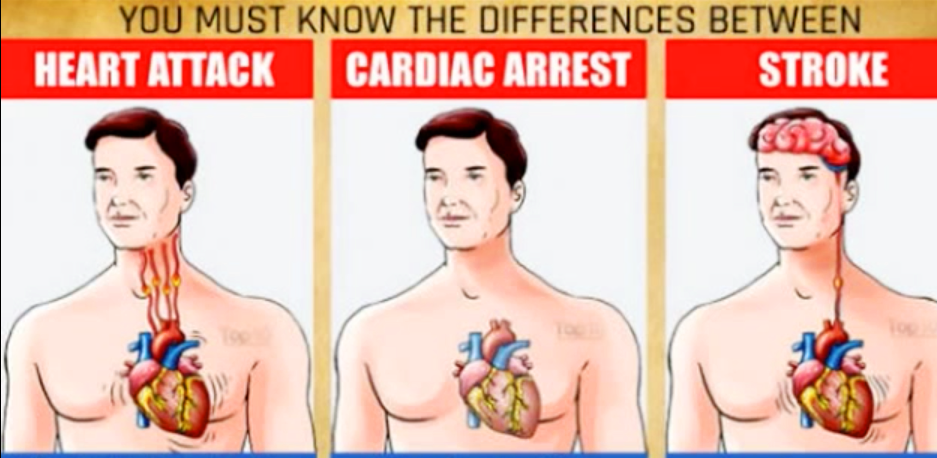 image via – youtube.com
image via – youtube.com
Cardiovascular disease is the number one leading cause of death across the globe. It claims more people’s lives than every single form of cancer combined. The numbers are scary and speak volumes about just how prevalent and real the threat of experiencing a heart attack, stroke, or sudden cardiac arrest truly is.
According to data compiled by the American Heart Association in their 2016 Heart Disease and Stroke Statistics Update report, 17.3 million deaths word-wide are attributed to cardiovascular disease alone. They also found that on average approximately 2,200 Americans die every single day, which amounts to one person every 40 seconds or so, from either a stroke, heart disease, or cardiac disease.
Statistics like this make it crucial that we educate both ourselves and our families on the basic facts concerning heart related health issues. One of the most important things we should all be aware of is the difference between a heart attack, a stroke, and sudden cardiac arrest. Many people lump the three together or assume that sudden cardiac arrest and a heart attack are one and the same thing, which they are not. The accompanying video goes over and explains the variations between them all, it’s quick and comprehensive so be sure to check it out! In addition, these differences and how to recognize each one of them when they happen follow:
1. Heart Attack: A heart attack occurs when blood flow to the heart is blocked. This happens when a blood clot forms in an artery due to plaque and cholesterol clogging it up. With the blood flow oxygen deprived and blocked, it cannot circulate to the heart, leading to a hear attack.
Symptoms- Pressure or tightness in the chest area, chest pain, body aches, pain that radiates in the arms or upper back and jaw, cold sweats, nausea, shortness of breath, anxiety.
2. Stroke: A stroke occurs when blood flow to the brain is blocked. This happens when a blood vessel becomes clogged or bursts, which can either completely obstruct or severely reduce the flow of blood to the brain. Without enough oxygenated blood and nutrients reaching them, brain cells start to die.
Symptoms- Blurred vision, severe headache, vomiting loss of coordination, trouble walking, dizziness, excessive sweating numbness, mental confusion, trouble with speaking, face/arm/leg numbness and in particular on one side of the body.
3. Cardiac Arrest: Cardiac arrest is when the heart suddenly stops beating. This happens when the electrical impulse activity in the heart, which is what keeps it beating and contracting, is disrupted unexpectedly. With no heartbeat, no blood reaches the brain or any other organs, causing the person to pass out. Without immediate treatment, the person will die within a matter of minutes.
Symptoms- The following symptoms will often occur in the minutes leading up to a cardiac arrest incident, as well as during and immediately following loss of consciousness: shortage of breath, gasping for air, shallow breaths and/or trouble breathing, weakness, chest pain, sudden collapse, weak pulse, absence of breath, fainting, blacking out, no response, no pulse.
Please SHARE This With Family and Friends, It Could Save a Life

